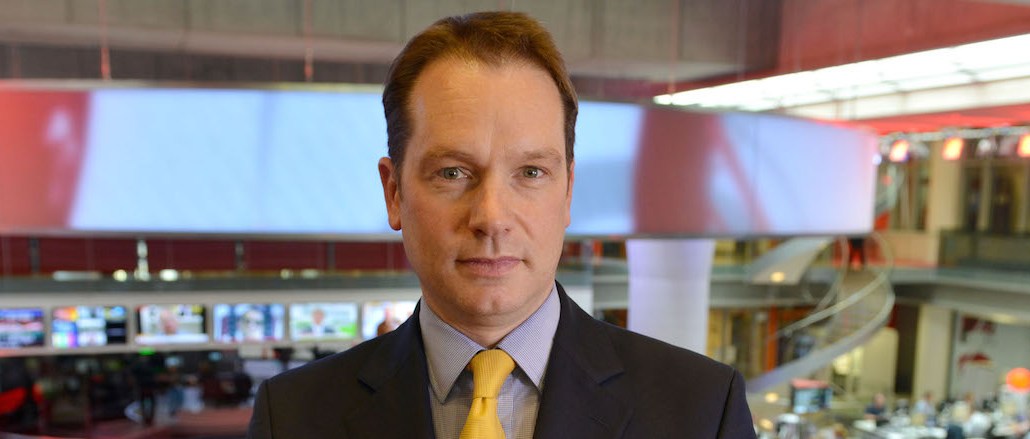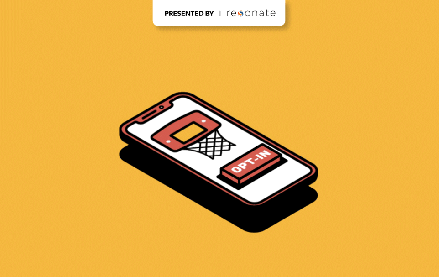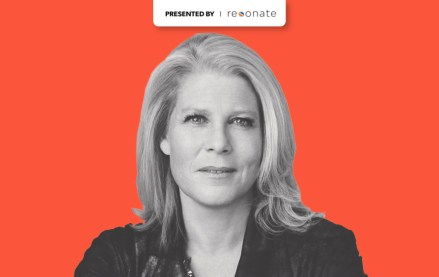‘All massive stories are mobile’: BBC World News CEO on its growth

BBC World News gets over half of its traffic from mobile devices. During the Paris attacks earlier this month, that number rose to 80 percent. When big news breaks quickly, increasingly it is a mobile game now more than ever — and it’s a game the BBC is playing well.
Last week, it overtook CNN in the Global Digital News rankings for desktop, reaching a global desktop audience of 75.6 million monthly unique visitors, compared to 72.1 million for CNN, according to comScore.
BBC Global News chief executive Jim Egan spoke to Digiday about its approach and how the organization is training its journalists to default to mobile over desktop reporting.
In such a noisy online news landscape, how do you ensure you stand out overseas?
By sticking to what the BBC is best at: impartiality, accuracy, independent journalism. It may seem old fashioned, but it’s critical in such a noisy news landscape, particularly with social media sites like Twitter and Facebook. So at a time of international crisis such as the Paris attacks, ensuring our reporting is accurate, independent and provides insight and understanding, rather than fermenting discourse, is essential.
How big a part does mobile play?
The Paris attacks were a mobile episode, really. Over half of our traffic is from mobile devices, and during the outbreak of the Paris events, that rose to 80 percent. All massive, fast-developing stories are consumed on mobile. Our journalists can capture content on their smartphones and use Periscope and other platforms to live stream content. We’re starting to confront the fact that although the majority of our traffic comes from mobile devices, our journalists still come to the office and work on desktop. So we’re experimenting with getting our journalists publishing directly to mobile platforms.
Will that be noticeable in the mobile experience itself?
We’re seeing dramatic growth of video consumption on mobile. So version four of our news app, which is out soon, will be focused on getting live video straight to phones fast.
Will that be ad funded or paid for?
We play in the free-app world currently, though I wouldn’t rule out doing something with mobile subscriptions in future.
What’s your approach to publishing directly to platforms?
We have a much more active third-party syndication-distribution strategy and use everything from Flipboard, Facebook to Spotify bulletins and Apple News, and we’re pleased with how those are going. I don’t agonize quite as much over the potential brand damage done at home buying into those third-party platforms. Working with big tech brands helps with international audience growth.
How so?
If you’re a Brit, it’s hard to understand how the BBC is consumed and perceived outside the U.K. Here it plays such a profound role, but internationally we’re battling with everyone else when it comes to gaining recognition and monetizing our content. If you can reach audiences on some of those social platforms, people who might never come to us directly, that’s good. The cannibalization risk of doing damage to our own platforms by reaching out to other audiences on other platforms, I don’t see as a problem.
What mistakes have you learned from in the last year?
I’ve learned how quickly the commercial side of this industry changes. The ad blocking issue was being talked about 12 months ago but not obsessed about in the way it is now. It makes it a challenging industry to work in, and the pace of change is bewildering at times.
Is ad blocking a concern for you?
Ad blocking is a concern strategically, but in the day-to-day, it’s not having a devastating impact. But the long-term consequences of it are a dominant issue. How is it [content] going to be paid for, and how will we arrive at a positive relationship between publishers, advertisers and consumers. We’re in a very negative phase at the moment, and the BBC wants to help figure out how to help in that.
What’s worked well in terms of monetization in the last year?
I’m pleased with how well our branded content unit Storyworks has gone. The BBC prides itself on its editorial values, so moving into native advertising is by definition potentially controversial and a bit contentious. The historic approach has been this impenetrable Chinese wall between content and advertising, and native is trying to get over that wall.
More in Media

With a new ‘answer engine,’ Brave browser adds another generative AI tool for search
The privacy focused browser’s new tool is the latest to offer a synthesized summary for queries using its independent index.

NBA CMO Henault: How the league added music and fashion to its bench strength
Tammy Henault, CMO of the NBA, shared some of the strategies that helped the association stand out from other pro sports leagues.

‘Beginning to be the practical’: GE global CMO Linda Boff on the evolution of AI in marketing
Boff pointed to market research as an area where AI is beginning to have an impact, in a good way, on an industry feature that has lingered in the traditional.





